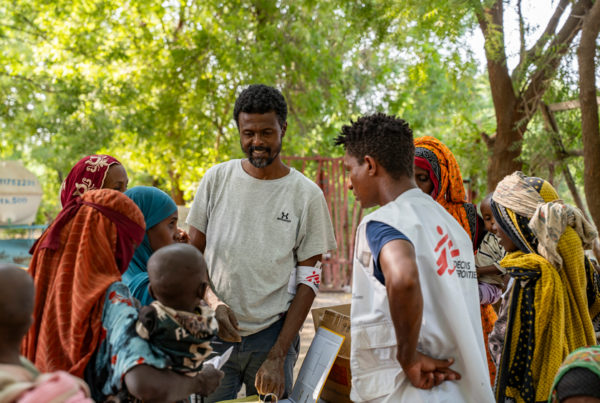
Negotiation is a crucial part of the work of frontline humanitarian staff, whether the aim is to establish a humanitarian aid corridor or to ensure access to vulnerable people.
Yet the outcome of any negotiation is often undermined by a lack of trust between the two sides, with counterparts deeply suspicious of humanitarian organisations’ intentions.
Writing for the Institute for Management Development (IMD) blog, Maude Pittet Nazareno and Francesca Giulia Mereu share lessons from frontline humanitarian negotiators and show how understanding the neuroscience of negotiation can set you up for success.
Nazareno and Mereu unpack the three parts of the brain involved in risk assessment, decision-making, behaviour, and influence – which they liken to a crocodile, a dog, and a monkey – and the techniques you can use to tame your counterpart’s zoo.



